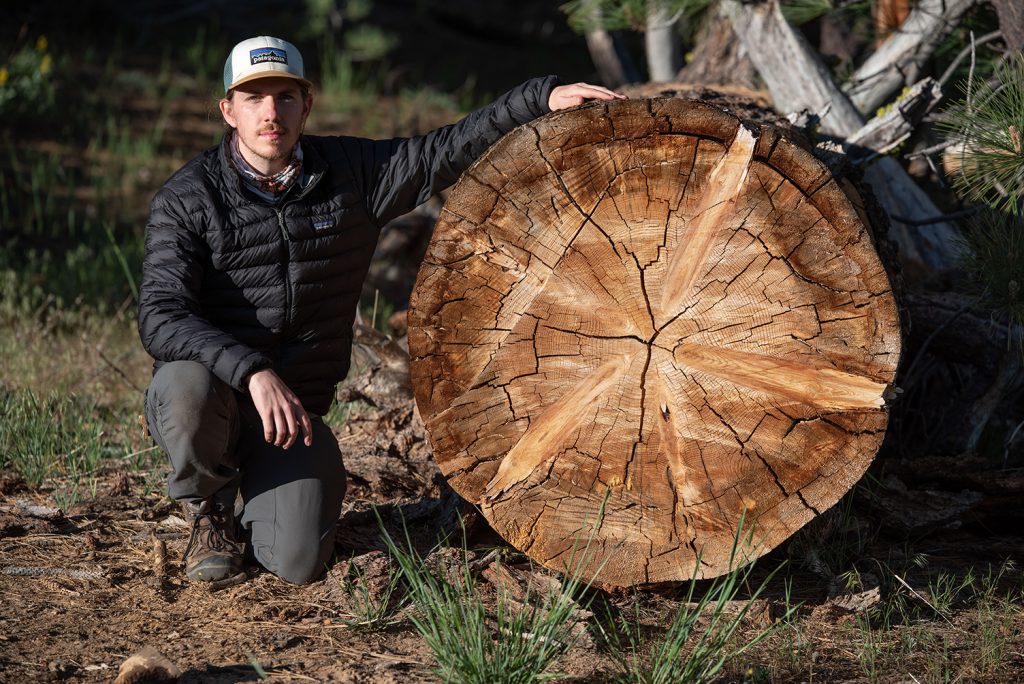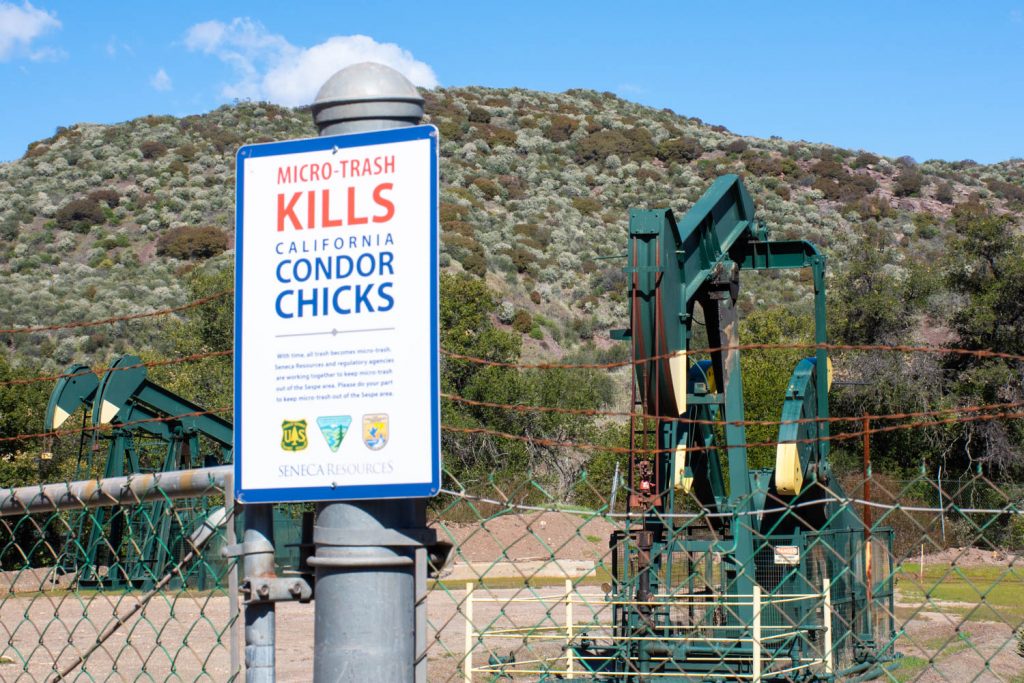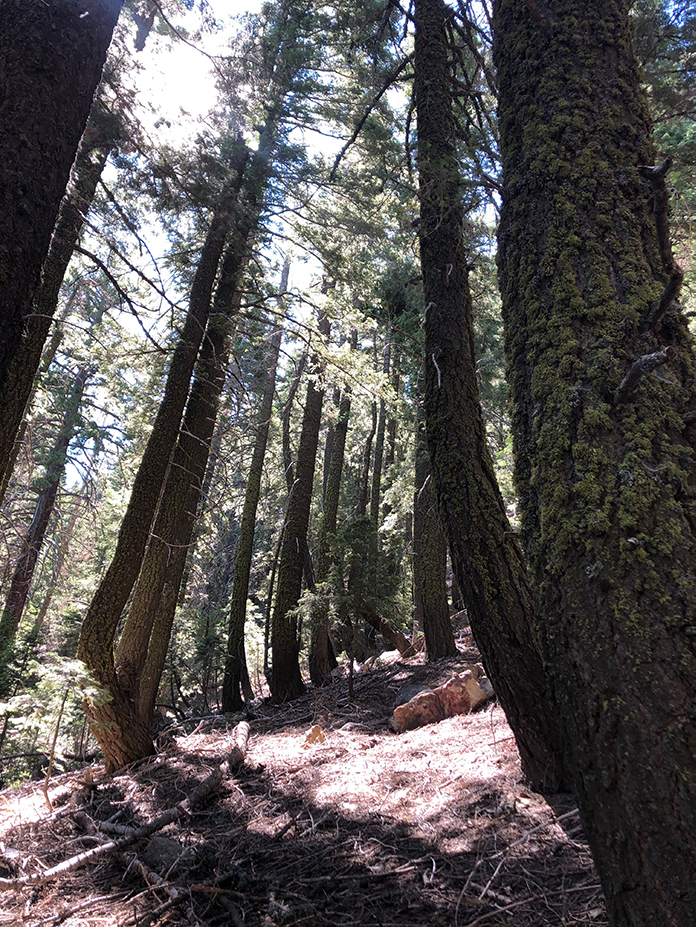
If left unchecked, the Trump administration’s move to cripple the National Environmental Policy Act (NEPA) will have arguably more dangerous, widespread, and enduring consequences for people and the planet than any of its many actions.
NEPA is a law meant to protect the public and our shared resources against poor decisions, closed-door deals, and industry preference. Over the summer—in defiance of science and the will of the public—the Council on Environmental Quality (CEQ) celebrated the law’s half-century anniversary by finalizing changes to the way it is implemented that strongly favor the industrialization of federal lands over public health, recreation, the environment, and the climate.
ForestWatch advocates added 1,500 comments to the 1.1 million submitted nation-wide on the CEQ’s proposed changes, the substance of which the council largely ignored.

The regulatory changes allow private corporations, like oil or timber companies, to prepare their own environmental studies for the projects they propose. The new regulations have sharp restrictions on the amount of time an agency can take to prepare an environmental study and how many pages the documents may have. Agencies will no longer have to consider indirect and cumulative harm that a project or projects may cause to the environment or public health. Environmental reviews of proposed projects will also have less stringent requirements for analyzing alternatives to potentially damaging activities.
The Forest Service was directed to issue its own rule outlining procedures for how it will apply the new NEPA regulations across the 200 million acres it manages. The agency granted itself, and CEQ approved, no less than six new loopholes to avoid the law’s requirements to study potential impacts a project might have on public health or the environment and to share that information with the public. The CEQ encouraged the establishment of these loopholes, called categorical exclusions (CEs), for “actions that normally do not have a significant effect on the human environment, and therefore do not require preparation of an environmental assessment or environmental impact statement.”
Among the most outrageous of actions that the Forest Service now determines not to have a “significant effect” is the logging of up to 2,800 acres at a time almost anywhere across our nation’s federal forests. New CEs will also permit permanent and temporary road construction and specifically may be used for commercial timber harvest.
For projects that cannot be broken into 2,800 acres portions and that are certain to cause immediate harm, and thus do not qualify for a CE, the Forest Service can find a Determination of NEPA Adequacy (DNA) that would allow officials to use an environmental study that was done for a project elsewhere at any time in the past.

The Forest Service already had the use of several categorical exclusions through legislation passed by Congress. The agency has stated that it intends to use two CEs to justify skipping the environmental studies, public engagement, and consideration of alternatives on a logging and vegetation project proposed for a prominent ridge known as Pine Mountain, deep in the Los Padres National Forest. These steps would normally be required by NEPA for a 750-acre logging and chaparral removal project, regardless of its significance. Nearly 16,000 comments were submitted in opposition to the project—thousands more than any single project proposed for Los Padres—including by local Native American groups, anthropologists, and the California Department of Fish and Wildlife. The CEs allow officials to ignore impacts and concerns pointed out by members of the public. The new laws would make projects like Pine Mountain even easier to approve and with less public involvement.
Over 1,200 ForestWatch advocates submitted comments in opposition to the Forest Service’s proposed procedural rules. Responding to outrage, the agency did change the language regarding what studies could be used for a DNA from those that are “essentially similar” to studies that are “substantially the same.” Most of the other rules that were dropped are included in the changes made to NEPA by CEQ, which trump (no pun intended) rules proposed by each agency.
One “good” CE was added that would allow the restoration, rehabilitation, or stabilization of land damaged by roads and trails, including returning unauthorized roads and trails to a “more natural condition.”
Under a separate rule change, also made under the direction of the outgoing Trump administration, the Forest Service has proposed to hand over decision-making power on oil development and mining on national forest land to the Bureau of Land Management.

All of these changes are bad news for the Los Padres National Forest with its unique ecosystems—including small, disjunct conifer forests—and its status as the only national forest in California with active commercial oil development.
The new administration could soften the impact of the Forest Service’s new NEPA regulations by directing the agency to prioritize climate change mitigation, as Trump sought to prioritize extraction and corporate giveaways. Since it’s not a major rule, it can only be changed under the Administrative Procedures Act, by returning it to the rulemaking process all over again—a process that may take several years.

Whether the damage to NEPA imposed by the CEQ can be undone depends largely on how the runoff elections in Georgia affect the balance of power in the Senate. Congress could permanently revoke the rules by invoking the Congressional Review Act. Short of that, the Biden administration could again amend the rules through the Administrative Procedures Act.
Of course, litigation is another avenue by which changes could be made. ForestWatch is currently working with partner organizations to decide next steps in the fight to push back against this new and dangerous regulatory framework.







Comments are closed.